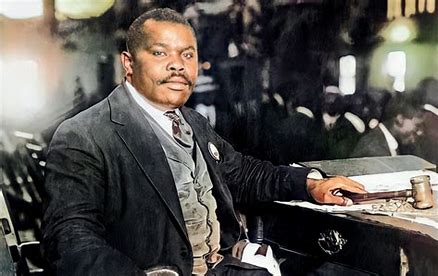Marcus Garvey Born on August 17, 1887-1940) was a prominent figure in the Black Nationalist and Pan-Africanist movements of the early 20th century. A Jamaican-born orator, journalist, and activist, Garvey founded the Universal Negro Improvement Association and African Communities League (UNIA-ACL) in 1914, advocating for Black racial pride, economic independence, and the establishment of a unified and self-governing African nation.
Early life and influences
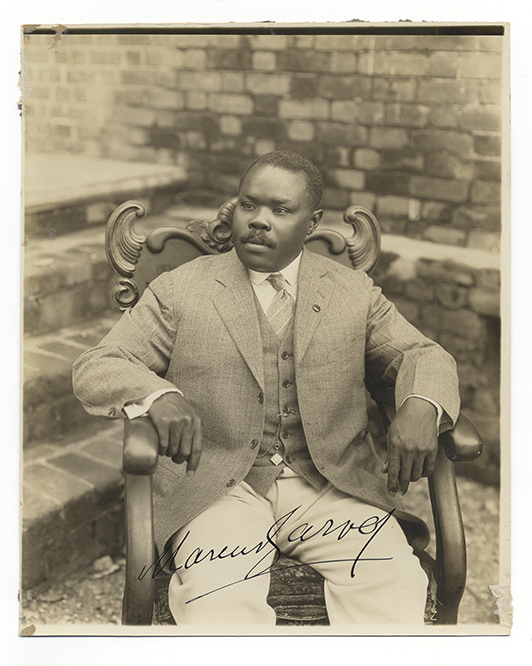
Born in St. Ann’s Bay, Jamaica, Garvey’s early experiences with racial discrimination and limited opportunities for Black people fueled his passion for social justice. He traveled throughout Central America and Europe, observing the struggles of Black communities firsthand and learning from different cultures. It was during his time in London that Garvey discovered Booker T. Washington’s autobiography, “Up from Slavery”, which deeply impacted his thinking and solidified his belief in the importance of self-reliance and Black economic development.
The rise of the UNIA
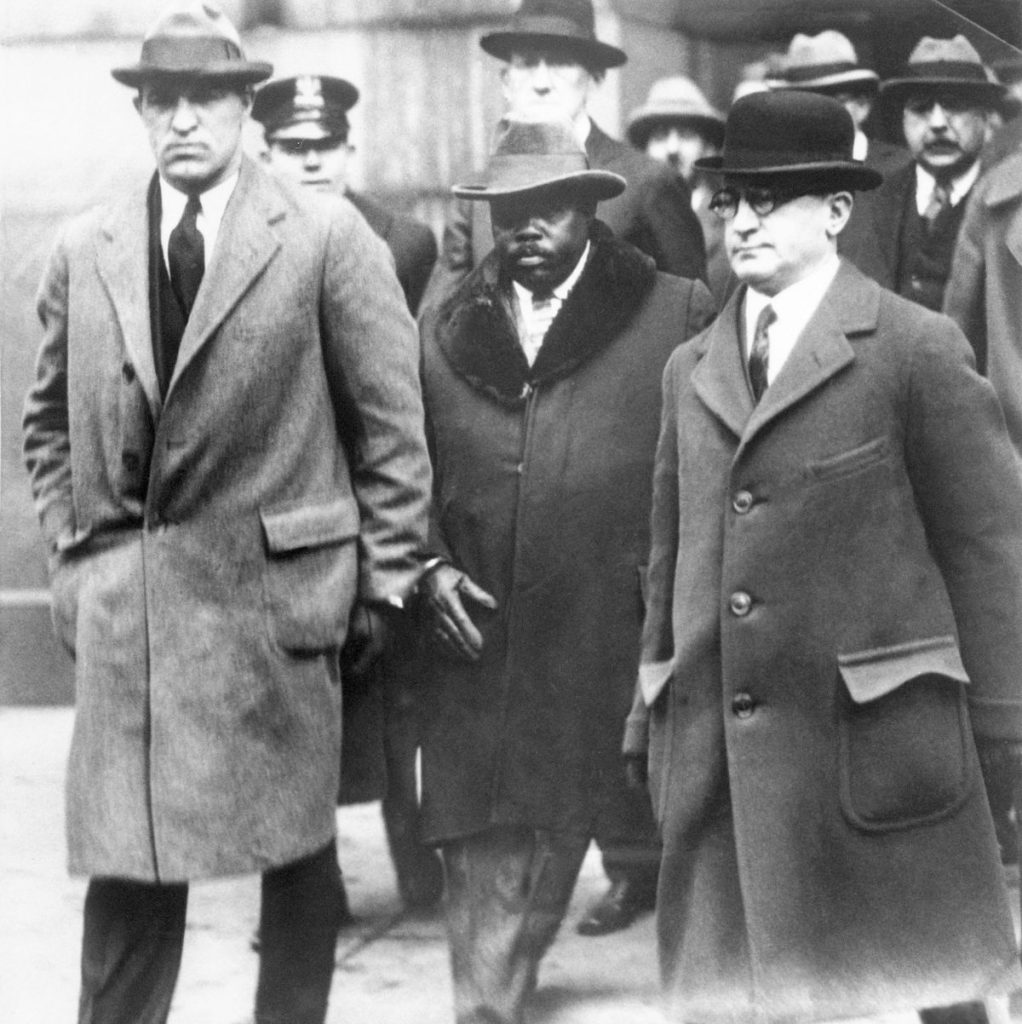
Returning to Jamaica in 1914, Garvey established the UNIA with the aim of uniting people of African descent worldwide. In 1916, he moved to the United States and established a UNIA branch in Harlem, New York City, which became the hub of his movement.
Garvey’s charismatic leadership and powerful speeches resonated with millions of Black people struggling against racism, colonialism, and economic hardship. The UNIA rapidly expanded, establishing branches throughout the United States, the Caribbean, and Africa.
Garvey’s vision and initiatives
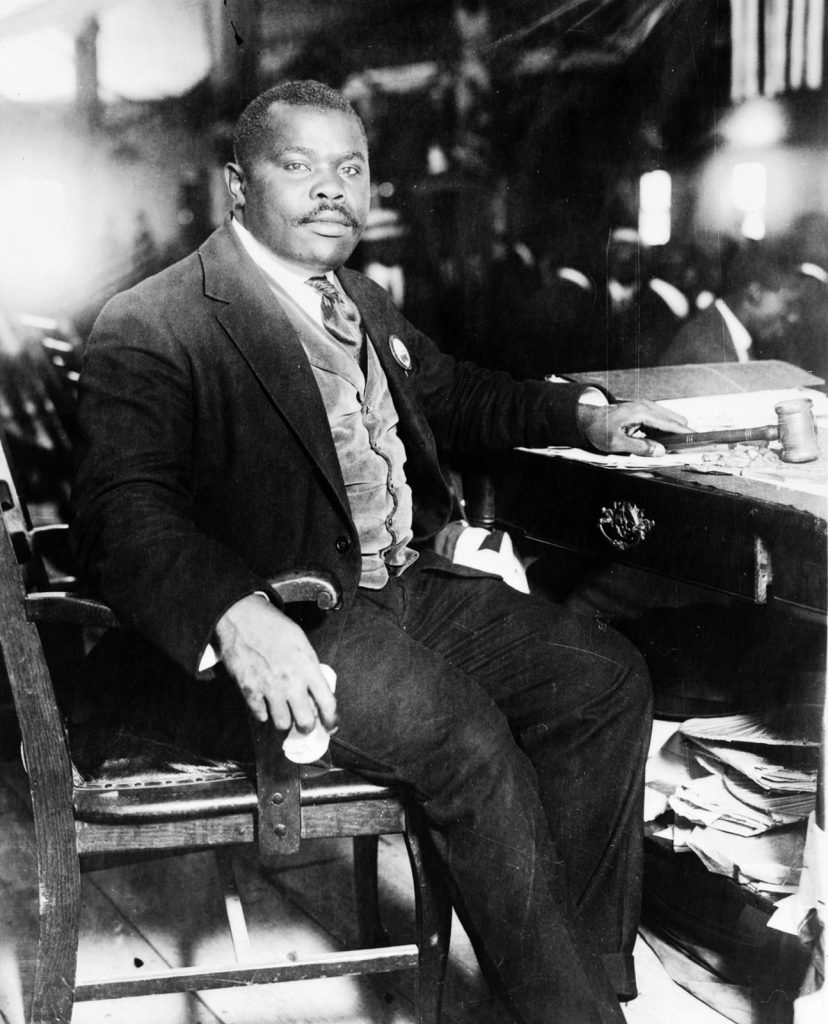
Garvey championed Black nationalism, arguing for racial pride, economic self-sufficiency, and political empowerment. He believed that Black people needed to establish their own independent organizations and businesses to achieve true equality and respect.
To realize this vision, Garvey launched several initiatives:
- Negro World newspaper: This newspaper served as the official organ of the UNIA, disseminating Garvey’s message and promoting Black cultural awareness.
- Black Star Line: This shipping company was intended to facilitate trade between Black communities worldwide and, crucially, to transport Black people to Africa, envisioned as a unified homeland.
- Negro Factories Corporation: This enterprise aimed to create and support Black-owned businesses, fostering economic independence and job creation within the Black community.
Controversies and criticisms
Despite his popularity, Garvey’s controversial views and tactics generated criticism, even within the Black community. His separatist stance and advocacy for a return to Africa clashed with prominent civil rights leaders like W.E.B. Du Bois, who advocated for racial integration. Garvey’s business dealings, particularly with the Black Star Line, faced accusations of mismanagement and fraud.
In 1923, Garvey was convicted of mail fraud and served time in prison before his sentence was commuted and he was deported to Jamaica in 1927.
Legacy and impact
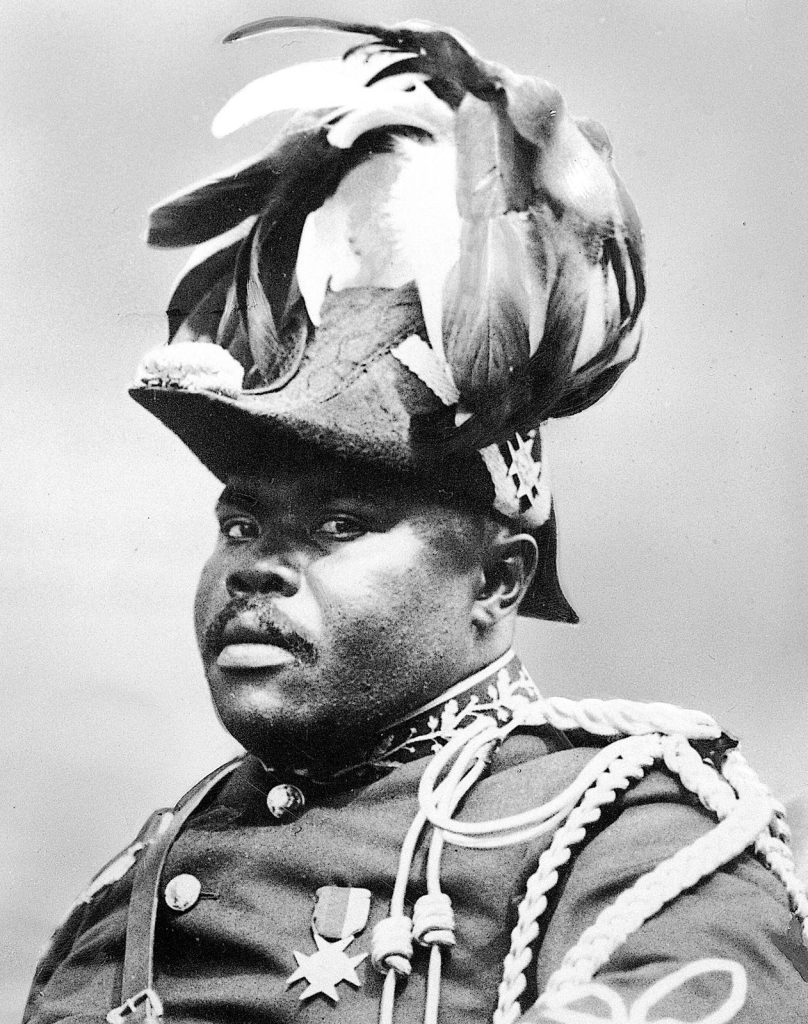
Despite the setbacks and controversies, Garvey’s impact on Black history and the fight for racial equality remains undeniable. His emphasis on self-reliance, racial pride, and Pan-African unity resonated with generations of activists and leaders, including Malcolm X and Dr. Martin Luther King Jr. Garvey’s philosophy continues to inspire movements advocating for social justice, economic independence, and Pan-African unity in the present day. His legacy serves as a reminder of the ongoing struggle for racial equality and the power of collective action in challenging oppression.









